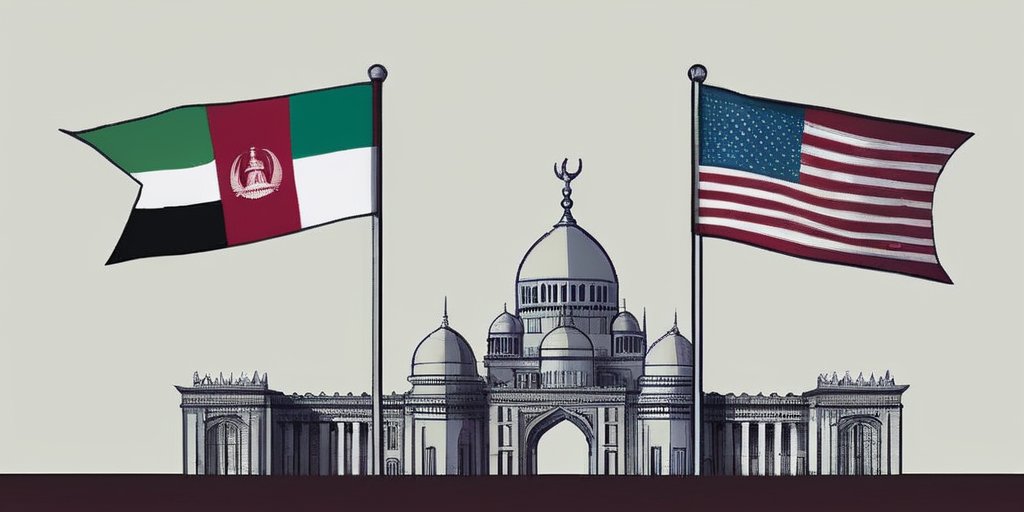The recent release of George Glezmann, an American airline mechanic who had been held by the Taliban for over two years, marks a pivotal moment in US-Taliban relations, reminiscent of the diplomatic efforts initiated during Donald Trump’s presidency. The Taliban’s foreign ministry announced the release on humanitarian grounds, referring to it as a goodwill gesture. US Secretary of State Marco Rubio described the development as a “positive and constructive step” for diplomatic relations between the two nations.
Glezmann, who was detained while visiting Afghanistan as a tourist in December 2022, was freed following a high-level meeting in Kabul between US hostage envoy Adam Boehler, former US envoy Zalmay Khalilzad, and Taliban officials. This meeting is reported to be the most direct contact between the US and Taliban since Trump’s inauguration, suggesting a potential thaw in international relations after years of strain since the Taliban’s return to power in 2021.
Facilitated by Qatar, Glezmann’s release reflects Afghanistan’s intent to engage constructively with the United States based on mutual respect, as stated by Afghanistan’s foreign ministry. Upon his release, Glezmann quickly traveled to Qatar before heading back to the US, where he will reunite with his wife, Aleksandra.
However, this release also brings to light the ongoing plight of other Americans still detained in Afghanistan, with Rubio mentioning Mahmood Habibi, arrested in August 2022, as a case that continues to require attention. Glezmann’s health had reportedly deteriorated during his imprisonment, necessitating urgent medical care upon his return.
The historical context is important; before Trump’s inauguration, the US had engaged in similar exchanges, including the release of two Americans in exchange for an Afghan prisoner. These past negotiations set the backdrop for the complexities faced by the Biden administration in handling Taliban interactions today, underscoring the delicate balance of security and diplomacy in the region.
